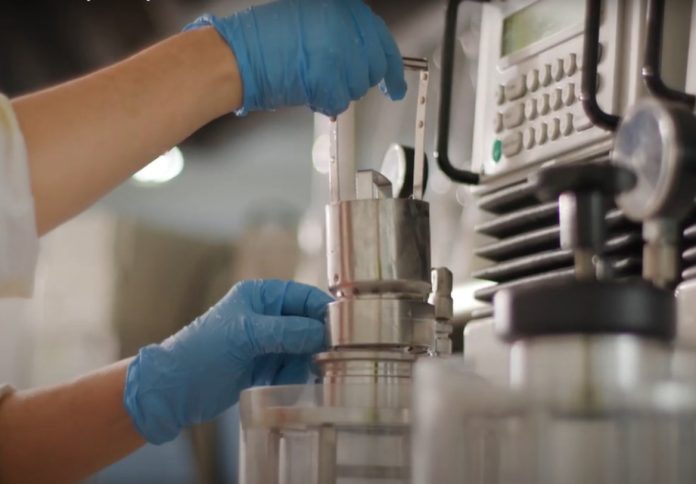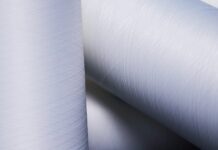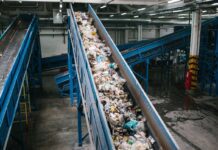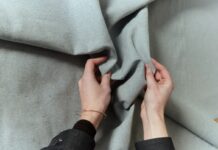
Deakin University’s Institute for Frontier Materials (IFM) has teamed up with fashion retailer Country Road in a bid to revitalise Australian textile manufacturing, launching a research project that turns low-grade Merino wool into high-value yarn using entirely domestic processes.
The initiative, dubbed ‘Mud to Marle’, was backed by a grant from the Country Road Climate Fund, with support from Full Circle Fibres and textile manufacturer Loomtex, the university said in a news release.
The collaboration marks a notable shift towards end-to-end onshore production in a country renowned for its wool but lacking large-scale processing infrastructure.
Conducted at multiple locations including Deakin’s Future Fibres Facility, the project tested the commercial potential of spinning short Merino wool fibres – typically considered low value – into fine yarn suitable for garments such as T-shirts and jumpers.
Associate Professor Christopher Hurren from Deakin’s IFM said the university played a central role in the trial, using its specialist equipment and research capacity to reduce resource use in textile production.
“Deakin University is at the forefront of cotton processing and spinning innovation in Australia,” he said. “The project shows the potential to produce garments in Australia with Australian fibres.”
Hurren explained that one of the key sustainability innovations trialled was selective dyeing – colouring only the wool portion of a wool-cotton blend – which significantly reduced water and energy consumption.
The wool used in the project consisted of locks, or short Merino fibres that make up roughly 3 per cent to 5 per cent of a fleece.
These are typically relegated to lower-value uses due to their difficulty in processing into fine yarns.
Full Circle Fibres founder Meriel Chamberlin said the team sourced these locks from South Australia and blended them with Queensland-grown cotton to produce a finer-than-usual yarn.
“The commercial spinning capacity in Australia is incredibly limited, but the learnings from this project have helped demonstrate demand and investment potential,” Chamberlin said. “There is growing momentum to revive Australia’s textile manufacturing capabilities.”
The success of the Mud to Marle project has secured an additional $300,000 in funding for a three-year research partnership to expand Deakin’s work in wool-cotton textile development.
Prototype garments made from the new yarn – including pants, skirts and jumpers – have already been produced, signalling further potential for sustainable, locally made fashion in Australia.




















